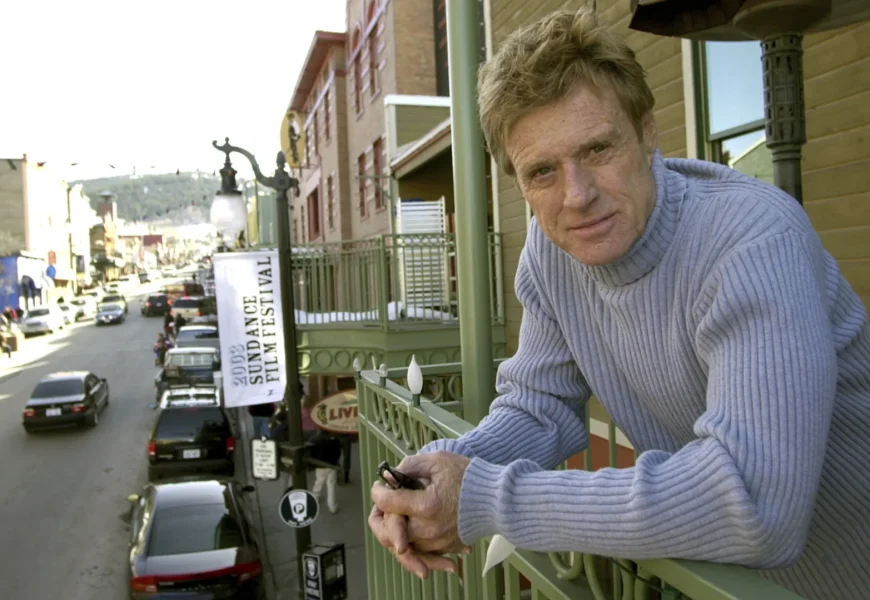Robert Redford was disillusioned with the Hollywood mainstream. The Sundance Kid, who died Tuesday at age 89, knew that there were more stories out there, ones that weren’t getting made into films because of the rigidity of the business. So he made something different, founding Sundance Institute and the Sundance Film Festival as an alternative avenue for emerging filmmakers, where independence was a virtue, not a liability.
With the Sundance Film Festival and filmmaker labs, Robert Redford brought change to cinema
Robert Redford was disillusioned with the Hollywood mainstream. The Sundance Kid, who died Tuesday at age 89, knew that there were more stories out there, ones that weren’t getting made into films because of the rigidity of the business. So he made something different, founding Sundance Institute and the Sundance Film Festival as an alternative avenue for emerging filmmakers, where independence was a virtue, not a liability.
Over the past four decades, the institute and the festival have given an early platform to countless young filmmakers, including Steven Soderbergh, Paul Thomas Anderson, Quentin Tarantino, Ryan Coogler, Chloé Zhao, Nicole Holofcener, Nia DaCosta, Taika Waititi, Ava DuVernay, Rian Johnson, Gina Prince-Bythewood, Daniel Kwan and Daniel Scheinert and many more.
“For me, the word to be underscored is ‘independence.’ I’ve always believed in that word. That’s what led to me eventually wanting to create a category that supported independent artists who weren’t given a chance to be heard,” Redford told The Associated Press in 2018. “The industry was pretty well controlled by the mainstream, which I was a part of. But I saw other stories out there that weren’t having a chance to be told and I thought, ‘Well, maybe I can commit my energies to giving those people a chance.’ As I look back on it, I feel very good about that.”
In 2019, Redford said he intended to step back from his public facing role at the festival, though he remained the organization’s president and founder until his death.


